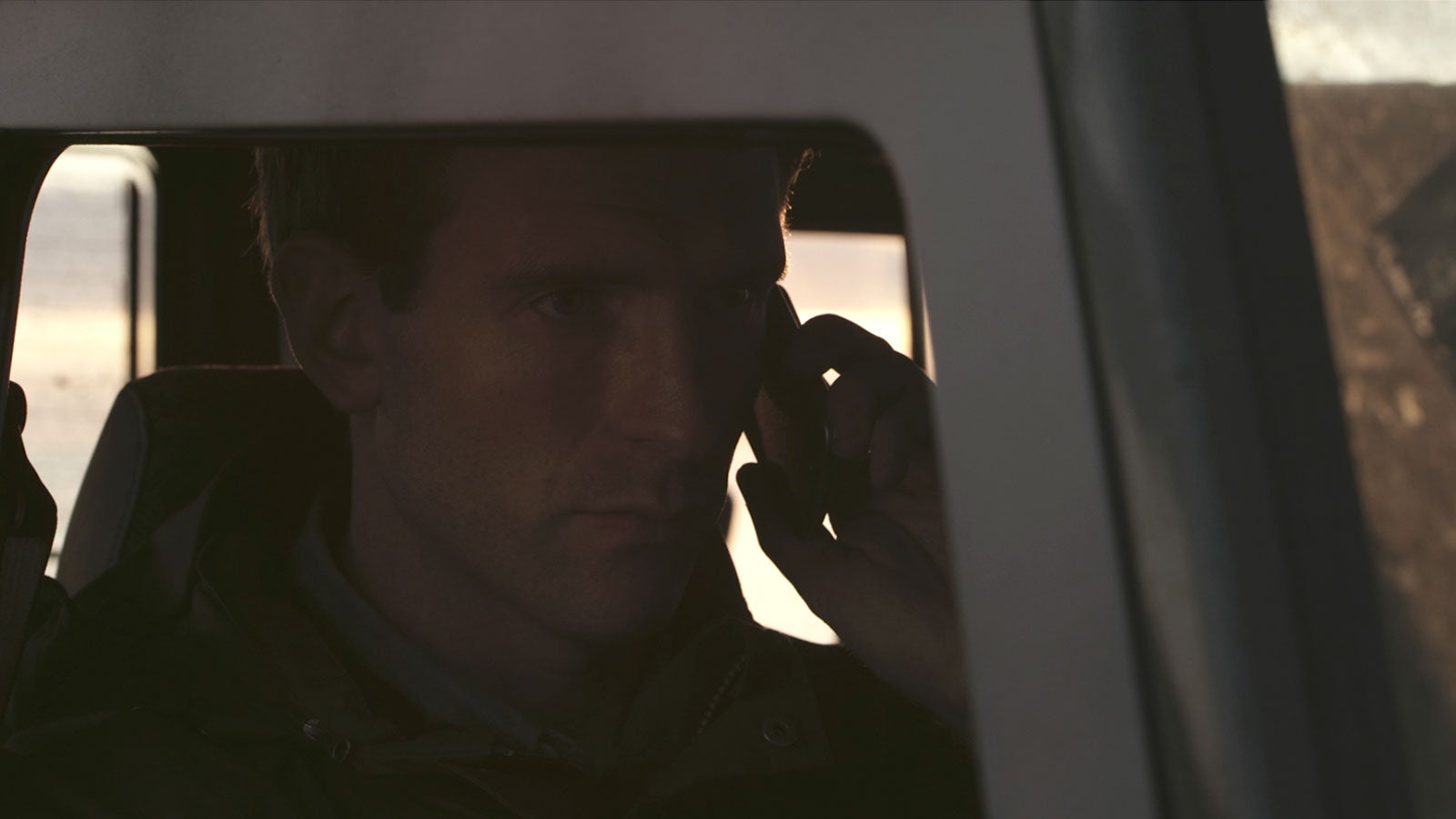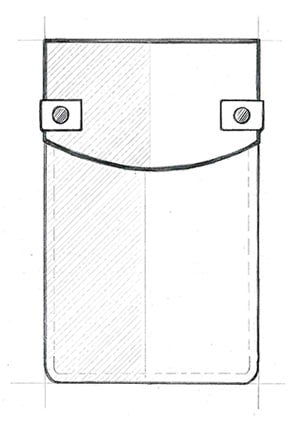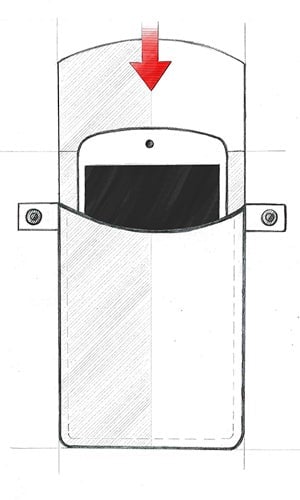Here’s how to disable location tracking on your phone
Imagine finding yourself on a solo road trip into the wilderness. This storied form of adventure—the form of Alec Dunbar’s travels in The Vanishing Game—is exhilarating in part due to the associated risks and potential hazards. Envision traversing unknown parts, and the situation suddenly becoming precarious. Is it coincidence you keep seeing the same person at every pullover and resting stop? If it’s not, how do you ensure you’re not being tracked?


Imagine finding yourself on a solo road trip into the wilderness. This storied form of adventure—the form of Alec Dunbar’s travels in The Vanishing Game—is exhilarating in part due to the associated risks and potential hazards. Envision traversing unknown parts, and the situation suddenly becoming precarious. Is it coincidence you keep seeing the same person at every pullover and resting stop? If it’s not, how do you ensure you’re not being tracked?
You should have ditched your iPhone for a prepaid burner phone that won’t leave a trail, but it might be too late for that. In order to get off the map you have to untangle a web of networks you never even realized you belong to. It’s not going be easy, but it’s not impossible.
First, let’s start with the obvious: delete all your texts. Delete your call logs, delete any old emails. Police might need a warrant to rifle through a citizen’s cell phone, but those texts and calls are still digital bread crumbs if your phone gets into the wrong hands.

Next, even if you never remember opting in, turn off the geo-location feature on your phone. “When you first get handed your phone it’s got geo-location turned on—I can guarantee that,” says Dr. Suzanne Barber, Director for the Center for Identity at the University of Texas at Austin.
Now you need to take this one step further, and check the location settings for all of your apps. “Treat every app by itself,” Barber says. “If they’re playing by the rules they should ask you for permission, but a lot of this boils down to the fact that there’s a lot of information being tracked about you, whether it’s through buying or using them.” Whatsapp and iMessage claim to use end-to-end encryption, but the only safe way to use communication apps is to install encryption software, like Pretty Good Privacy or Secure Multipart Internet Message Extensions, says Chris Crowley, an instructor at SANS Institute for cyber security training. That said, your recipient better be using that software too.

The next step is the thorniest. Remember, cell phones don’t exist in a vacuum; they belong to a network provider with arcane user agreement policies. “The mobile networks are designed to track devices actions on the network. The point is to be able to bill usage. That design makes it easy to collect the phone calls, SMS messages, and data requests,” Crowley says. Telecommunications providers can sell that data to third party vendors, like advertisers, or could be required by law to submit it to criminal investigations. It’s not clear, Barber says. “The question is what are their policies and what are they going to do with it?”
You can read the policy agreement you signed when you first bought your phone, but given that you can’t change it now, and time isn’t on your side, hopping on to a secure Wi-Fi network will protect against data leaks. But the safest tack to take may be to find a Faraday cage. The metal fabrics in Faraday pouches block Wi-Fi, GPS, and RFID signals. It blocks them even in the event your phone has been bugged with malware that lets a third party operate the device when it’s turned off. It may be the last thing standing between you and being found.

This article was produced on behalf of Land Rover by the Quartz marketing team and not by the Quartz editorial staff.